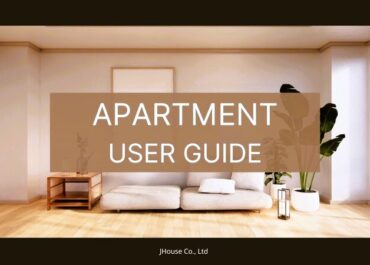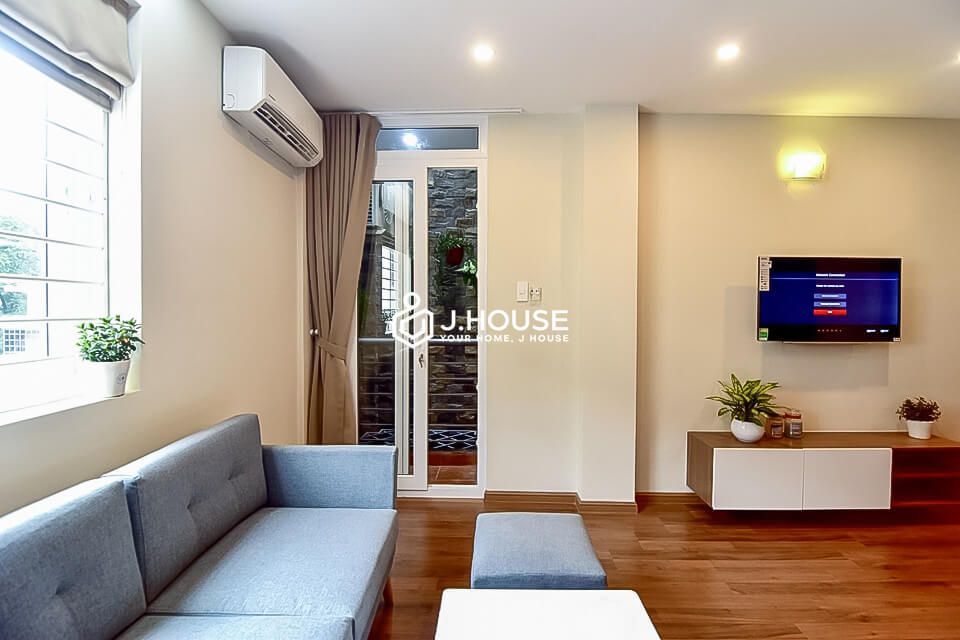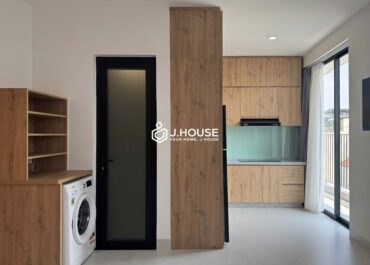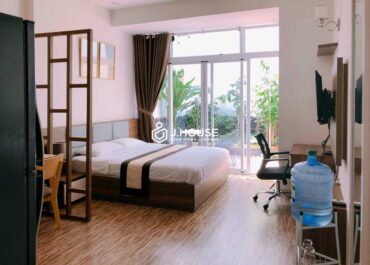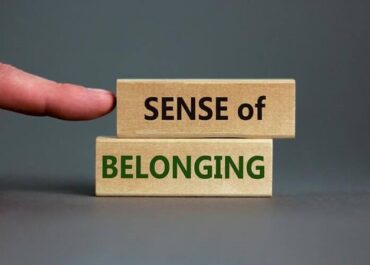Latest Properties
How to Verify a Landlord Before Signing a Lease in Vietnam
Verify a Landlord in Vietnam: Avoid Rental Scams & Rent Safely
Before settling into your dream apartment, it’s essential to verify a landlord in Vietnam to ensure your rental journey starts on solid ground.
Many expats, eager to move in quickly, have faced hidden fees, unreliable landlords, or even rental scams that turn excitement into stress. Taking time to confirm your landlord’s credibility not only protects your deposit and contract rights but also ensures transparent communication and a smoother rental process.
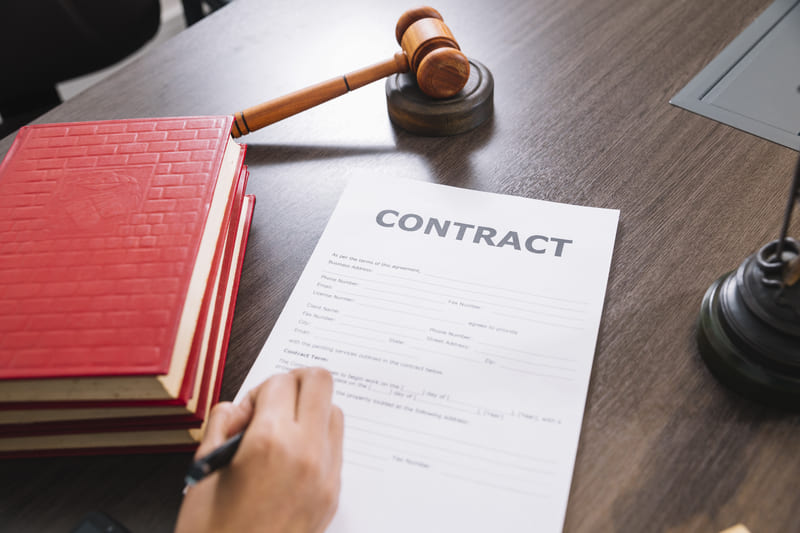
In this guide, we’ll walk you through practical ways to verify a landlord in Vietnam, recognize early red flags, and make well-informed rental decisions. Whether you’re signing your first lease or renewing for the long term, these insights will help you rent confidently, avoid unnecessary risks, and enjoy a safe, worry-free home in Vietnam.
Why Verifying a Landlord Matters in Vietnam
Vietnam’s rental market — especially in fast-paced cities like Ho Chi Minh City and Hanoi — changes daily. Listings appear and vanish within hours across Facebook groups, property apps, and serviced apartment websites. Yet, some landlords may not fully clarify lease terms, or management responsibilities — especially when renting to foreigners.
Without proper verification, expats risk:
• Losing deposits to fake or “middleman” landlords
• Signing contracts that are unclear or legally invalid
• Facing surprise maintenance charges or hidden fees
• Struggling to recover deposits when moving out
Taking time to verify a landlord in Vietnam ensures you’re dealing with the rightful owner or an authorized manager — protecting your finances, your lease rights, and your peace of mind. It’s a simple but powerful first step toward renting safely and confidently in Vietnam.
Read more: Apartment Rental in Vietnam: Legal & Financial Guide for Expats
How to Verify a Landlord in Vietnam
1. Confirm Landlord Authority
Before signing your lease, take time to verify a landlord in Vietnam to make sure you’re dealing with the person who truly manages or owns the property. A few simple checks can protect your deposit and prevent future disputes.
- Verify identity at signing – Ask for a copy of the landlord’s ID or business card when you sign the lease to ensure the name matches your contract.
- Check official involvement – Confirm whether the apartment is listed through a trusted agency like JHouse, or validate details with the building management.
- Ask for written authorization – If a representative acts on behalf of the owner, request a signed authorization letter.
- For serviced apartments – The management company often serves as the official landlord, providing a legal and transparent rental structure.
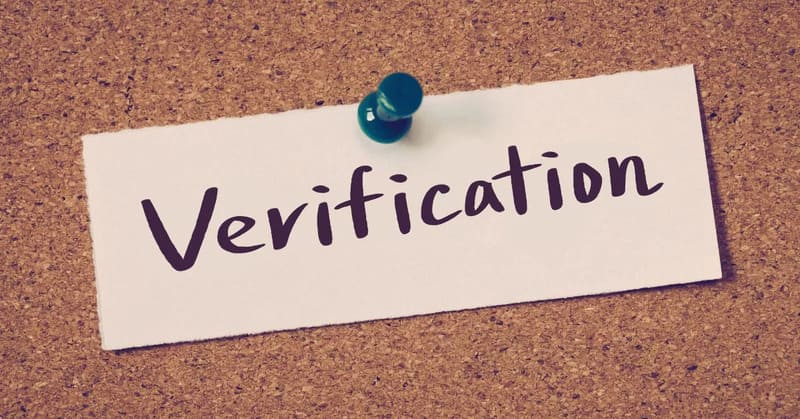
These small but essential steps ensure you’re signing with the right party — and lay the foundation for a safe, transparent rental experience.
2. Verify Their Identity
Before finalizing your lease, confirm that your landlord’s personal information is genuine and consistent. Check for:
- A clear photo of their Vietnamese ID (CMND/CCCD) or passport
- A valid phone number that matches their property listings
- Bank account details registered under their full name
If the landlord asks you to send money to another person or a different account, treat it as a red flag—especially for deposits. Always make sure payments go directly to the verified owner or an authorized agent. Taking this step protects your finances and ensures transparency throughout your rental process.
3. Confirm Through a Trusted Agent or Previous Tenant
If you’re unsure about a landlord’s credibility, ask for confirmation through a reliable local agent or someone who has rented from them before.
Reputable rental platforms like JHouse pre-screen landlords and listings to ensure transparency and legal compliance. You can also check online reviews or expat community groups for feedback on the landlord or property.
These quick background checks give you extra peace of mind—especially in a market where new listings appear daily and scams can happen fast.
4. Review the Lease Contract Carefully
Before you sign any rental contract in Vietnam, take time to review every detail. A trustworthy landlord will always provide a written lease in both English and Vietnamese.
- Make sure the landlord’s full name and ID number match the information you verified earlier.
- Check that key terms—deposit, duration, maintenance, and refund policy—are clearly stated.
- Both parties should sign or initial each page for validity.
- If rent includes or excludes tax, ensure this is mentioned to avoid payment issues later.
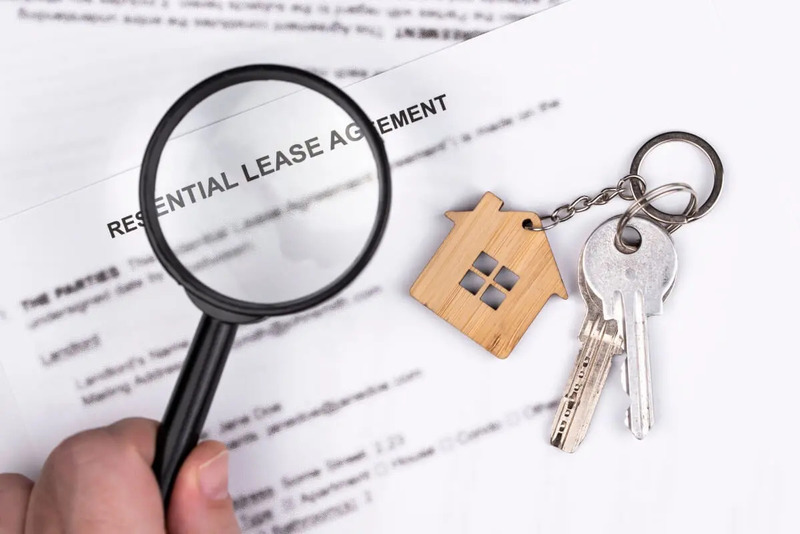
If you’re unsure about any clause, seek guidance early—from your embassy, a relocation consultant, or a trusted agency like JHouse, which helps tenants verify landlords, review contracts, and handle paperwork from start to finish. Working with a reliable partner from the beginning ensures your lease is transparent, legal, and fully aligned with your rights as a tenant in Vietnam.
5. Check Transparency on Utilities and Taxes
A trustworthy landlord is transparent about how rent, utilities, and taxes are handled. They can clearly explain how electricity, water, and management fees are billed, and whether rental tax is included in your monthly payment.
Reliable landlords won’t hesitate to provide receipts or pay rental tax when needed, showing they operate legally and responsibly. This openness not only reflects their credibility but also protects you from hidden charges or disputes later — a key sign that you’re working with a legitimate and professional landlord.
Read more: Understanding Taxes & Fees When Renting in Vietnam as a Foreigner
6. Check Online & Offline References
Before finalizing any rental, do a quick background check on your landlord and property. Search their name, phone number, or apartment address on:
- Facebook expat groups in Ho Chi Minh City or Hanoi
- Google Maps or property platform reviews
- Trusted expat forums like Vietnam Is Awesome or Hanoi Massive Community
Look for patterns in feedback—comments about unreturned deposits, unclear contracts, or poor communication are red flags. A few negative posts might not mean much, but repeated complaints should make you reconsider.
Offline, you can also ask neighbors or building staff about the landlord’s reputation. Combining both online and local insights helps you choose a trustworthy landlord and avoid potential rental scams.
Red Flags When Dealing with Landlords
Even friendly landlords can raise concerns—stay alert to these common red flags before signing:
- Requesting unusually high deposits (more than two months’ rent)
- Refusing to provide a written lease or any identification
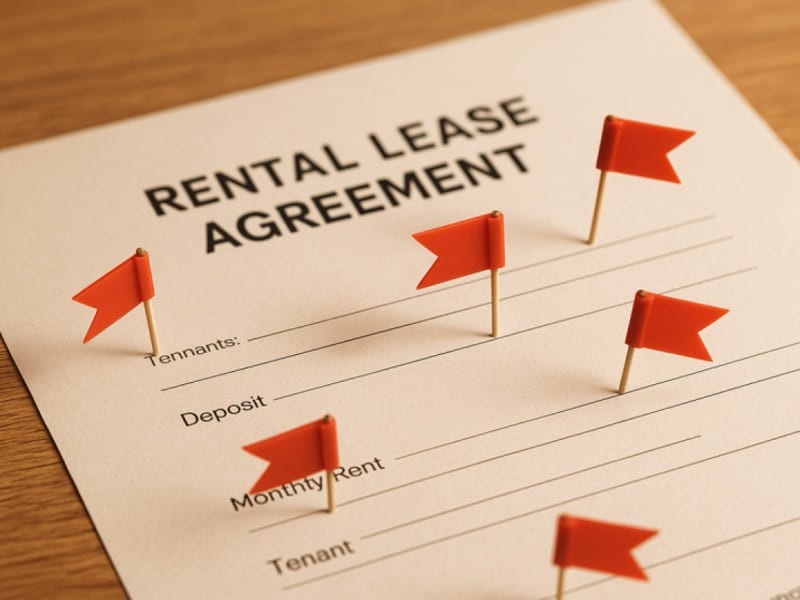
- Pressuring you to sign or transfer money quickly
- Only communicating via social media or messaging apps without official contact details
- Asking you to send rent or deposits to foreign or third-party bank accounts
If you spot any of these signs, take a step back. The safest move is to work with verified landlords from the start — through trusted platforms like JHouse, where every listing is screened for transparency and reliability, helping you rent safely with peace of mind.
Common Rental Scams in Vietnam (and How to Avoid Them)
While Vietnam is generally safe for renters, scams targeting expats have become more sophisticated in recent years. Here are some common traps to watch out for—and how to protect yourself.
1. Fake Owner Scam
Some scammers pose as landlords using photos stolen from real listings. They request a deposit via bank transfer and disappear once the payment is made.
Tip: Always arrange a live video call or, ideally, an in-person viewing before sending any money.
2. Middleman Scam
An unlicensed broker rents a property and re-rents it to expats at a higher price. When the real owner finds out, the tenant loses their deposit and must move out.
Tip: Double-check that your lease contract includes the actual owner’s name, not just the agent’s.
3. “Too Good to Be True” Prices
If a luxury apartment seems far below market rate, it usually is. Unrealistic prices are one of the easiest ways scammers lure newcomers.
Tip: Compare rental rates for similar apartments in the same district before making any payment.
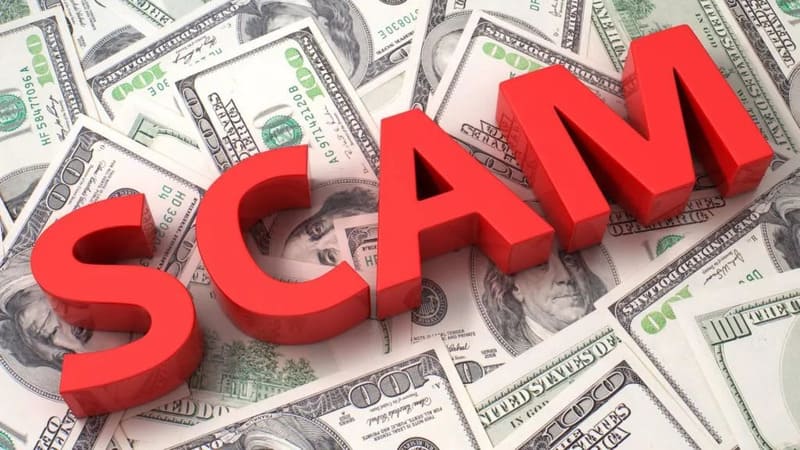
4. Maintenance & Utility Traps
Some landlords promise that utilities or repairs are included in the rent—but later charge extra or delay fixing issues.
Tip: Keep all communication in writing and make sure every cost detail is clearly stated in your contract.
Read more: 7 Common Rental Scams, How To Protect Yourself & Report Rental Scams
Tips to Rent Safely as a Foreigner in Vietnam
Follow these practical tips to protect your deposit and enjoy a smooth renting experience:
- Work with verified agencies. Reliable property platforms—like JHouse—pre-screen listings and verify landlords before posting.
- Always visit the property in person. Photos can’t show everything. Check the building’s condition, the surrounding area, and talk with staff or neighbors.
- Keep digital records. Save chat history, payment receipts, and signed contracts for reference if any issue arises.
- Use secure, transparent payments. Bank transfers are safer than cash because they create a clear, traceable record.
- Check expat reviews. Browse trusted Facebook groups or expat forums for feedback on the landlord or building.
Taking these small steps early helps you avoid major headaches later—and lets you focus on what truly matters: enjoying your new life in Vietnam.
Read more: 11 Tips To Protect Your Security Deposit
Partner with JHouse for Verified Rentals
Finding a reliable landlord on your own can be challenging—especially in a fast-moving market like Vietnam. That’s why working with JHouse makes all the difference.
Every home listed through JHouse is carefully verified for ownership, legal accuracy, and fair rental terms. Our team works directly with trusted landlords to ensure you sign only legitimate contracts and enjoy a transparent renting experience.
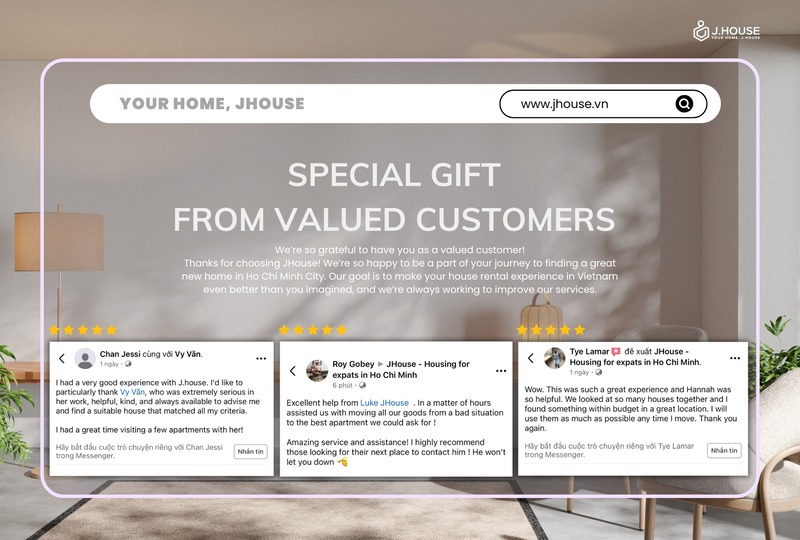
With JHouse, you don’t just find a place to live—you find peace of mind knowing your home is safe, verified, and ready to welcome you in.
Read more: JHouse – Where Great Homes Meet Great People
Conclusion
In Vietnam’s fast-paced rental market, rushing into a lease without proper checks can lead to costly mistakes. Taking time to verify a landlord before signing a lease protects your deposit, prevents scams, and ensures your new home experience starts smoothly.
Beyond the paperwork, it also builds trust and sets the tone for a positive rental relationship—something that truly matters when living long-term in a new country.
Whenever you’re unsure, turn to reliable resources—trusted housing agencies, verified listings, and the experienced support of JHouse. Our team helps you rent confidently, live securely, and enjoy every moment of your stay in Vietnam with peace of mind. From property tours to final contracts, JHouse ensures transparency, fairness, and personalized guidance—so you can focus on settling in, not stressing out.
JHouse Content Team
The in-depth content development team on housing services for foreigners & Vietnamese in Vietnam. The content is simple, easy to understand, and logically arranged to bring readers useful topics and information from real experiences.

